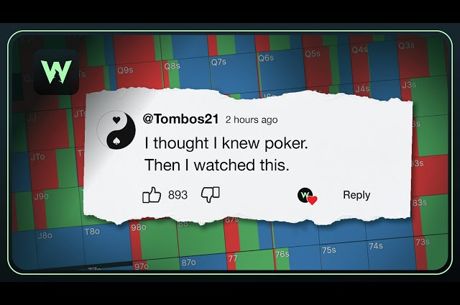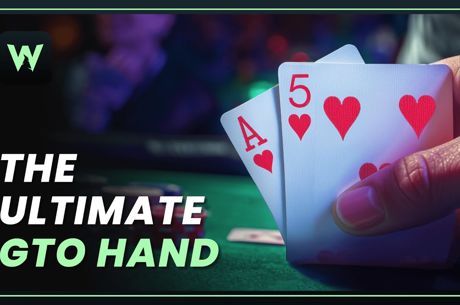Small Stakes Poker Plays, Part 1: Isolating Limp-Callers

One could argue the essence of the game of poker is the struggle between a player in position trying to steal money from players out of position. This fight should most often occur between the player on the button and the player in the big blind.
However, this battle doesn't happen as often as it should in small stakes games with relatively deep stacks. This is because these players don't play as tightly as they should from early and middle position. Instead, they enter the pot by limping or raising with weak hands that a better player would fold and so the action folds around to the button a lot less often.
That makes it tough for good players who can no longer raise first in from the button as often as they theoretically should. But the good news is that these mistakes set up different situations for players on the button repeatedly to exploit.
I would say instead of stealing from the button, it is more important for small stakes players to become skilled at playing single-raised or three-bet pots against one or two players when you have position on at least one of them. There are three common scenarios in which these situations arise. Over the coming weeks, I will discuss how you can profit from them. The first occurs when you isolate limpers.
Most small stakes players are fun players and folding doesn't sound like much fun. These people came to see flops early and often. They've learned that they can't see as many flops with their weakest hands if they raise and get three-bet, so they limp-call with them instead. This induces other fun players to come in behind them with weak hands as well.
If there are only one or two limpers when the action gets to me, I take advantage of this by raising with a wide range of hands from middle position or later. I choose hands that are slightly better than the limpers' perceived ranges. For example, if I know they limp-call with small-suited gappers, then medium-suited gappers can be raised for value.
If I get three or more callers, I tend to give up postflop. With that many players, it is very unlikely that I will be able to thin the field down to one player with a standard continuation bet. Getting only one caller is rare, but I win those hands postflop very often. The most likely result is to get two callers, and I will play that situation differently depending on which two players called.
If only the two limpers call, I will often fire a c-bet in hopes that only one of them calls with a range that I can barrel them off of on later streets. This happens in cases where we get a dynamic board where decent hands on the flop often become very weak one-pair hands or complete air by the river.
For example, on a 9♥5♠4♠ flop, I expect to get called by tons of weak one-pair hands and draws that will often fold before showdown if they don't improve. If both limpers call, I tend to give up on the turn more often since it is much more likely that one of them will improve enough to call me down. I take this same line if the big blind and only one of the limpers call.
If I get called by either a player with position on me or the small blind along with one of the limpers, I will fire the c-bet on dynamic flops and only continue with a turn barrel if the limper was the only caller. Ranges of the in-position caller and the player in the small blind tend to be too strong to barrel off against. These ranges are so strong, in fact, that I often won't even fire a c-bet in cases where both of these players call preflop.
If you play in average small stakes games, then you know that the field generally plays loose-passively like the limpers in these examples. This means the action rarely folds around to you in late position, so you have to use intelligent aggression to take advantage of these mistakes.
Some small stakes games play more aggressively than average with the field raising these weak ranges instead of limping with them. Next week, I will discuss how to win in those games.









